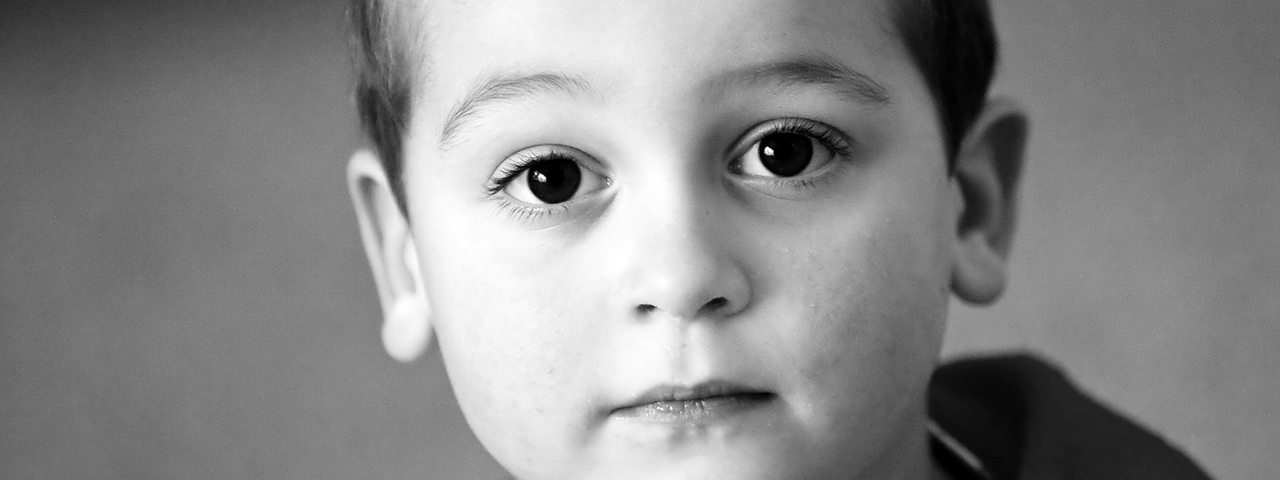A Solution For Children Who Struggle In School Begins By Knowing What To Ask The Eye Doctor
A Solution For Children Who Struggle In School Begins By Knowing What To Ask The Eye Doctor
Sometimes eye doctors carry out their vision examination too quickly. With a packed waiting room, the optometrist naturally needs to attend to each patient within a limited time period. Unfortunately, the doctor may end up missing a couple of things during the “rushed” eye exam. Hence, to get a comprehensive report on a patient’s eye condition, it is essential that the optometrist take adequate time to carry out the eye exam.
A child who had difficulty reading and learning at school may have a vision issue. Such a child should undergo an in-depth eye health and vision evaluation. The eye exam should be targeted at various categories of vision development which can be connected with learning, reading, and writing problems. Thus, the optometrist should take about 15 minutes to conduct a standard eye examination especially when the pupils need to be dilated.
A Solution For Children Who Struggle In School Begins By Knowing What To Ask The Eye Doctor
Sometimes eye doctors carry out their vision examination too quickly. With a packed waiting room, the optometrist naturally needs to attend to each patient within a limited time period. Unfortunately, the doctor may end up missing a couple of things during the “rushed” eye exam. Hence, to get a comprehensive report on a patient’s eye condition, it is essential that the optometrist take adequate time to carry out the eye exam.
A child who had difficulty reading and learning at school may have a vision issue. Such a child should undergo an in-depth eye health and vision evaluation. The eye exam should be targeted at various categories of vision development which can be connected with learning, reading, and writing problems. Thus, the optometrist should take about 15 minutes to conduct a standard eye examination especially when the pupils need to be dilated.
A Child Who Had Difficulty Reading And Learning At School, May Have A Vision Issue

A Child Who Had Difficulty Reading And Learning At School, May Have A Vision Issue
Sometimes eye doctors carry out their vision examination too quickly. With a packed waiting room, the optometrist naturally needs to attend to each patient within a limited time period. Unfortunately, the doctor may end up missing a couple of things during the “rushed” eye exam. Hence, to get a comprehensive report on a patient’s eye condition, it is essential that the optometrist take adequate time to carry out the eye exam.
A child who had difficulty reading and learning at school, may have a vision issue. Such a child should undergo an in-depth eye health and vision evaluation. The eye exam should be targeted at various categories of vision development which can be connected with learning, reading, and writing problems. Thus, the optometrist should take about 15 minutes to conduct a standard eye examination especially when the pupils need to be dilated.

Performance Problems
Performance Problems
- Poor reading comprehension
- Difficulty copying from one piece to another
- Loss of place or repetition while reading
- Poor posture when reading or writing
- Poor handwriting
- Can respond orally but cannot get the same information down on paper
- Letter and word reversal
- Difficulty judging sizes and shapes.

Signs And Symptoms Of Learning-Related Vision Problems
Signs And Symptoms Of Learning-Related Vision Problems
- Frequent headaches or eye strain
- Blurring of distance or near vision, especially after reading or other close work
- Avoidance of close work or other visually demanding tasks
- Poor depth perception
- Turning of an eye up or down, in or out
- Tendency to cover or close an eye to favor the vision in the other eye
- Dislike or avoidance of reading and close work.
What Should The Eye Doctor Test For?

What Should The Eye Doctor Test For?
For children who have vision related learning and/or reading problems, a comprehensive vision evaluation which involves refraction (testing for corrective lenses) is necessary. Additional testing of accommodation (eye focusing), binocular vision (eye teaming), visual processing abilities, as well as oculomotor skills (eye movement control) is also recommended.
These are vital tests which are then used to determine the basic visual condition that can affect a child’s studying, learning, and reading ability in school. Such tests require additional time for both the eye exam and subsequent diagnosis and treatment options.
Dyslexia, ADD/ADHD, & Learning Disabilities
Dyslexia, ADD/ADHD, & Learning Disabilities
As the parent, guardian, or family member, once you have an idea of the actual cause of the eye issue, one is in a better position to take adequate precautions. The majority of vision-based reading and learning problems are often caused as a result of challenges in eye teaming, tracking, focusing, or visual processing. In a situation like this, the child will need developmental vision and rehabilitation/vision therapy. If done correctly, one can anticipate improvement in the learning and reading performance of the child.
However, children who struggle with reading and learning in school, have ADHD or an Individualized Education Program (IEP), should also have an in-depth vision evaluation. Here, the optometrist should assess the core elements of the developmental vision.

